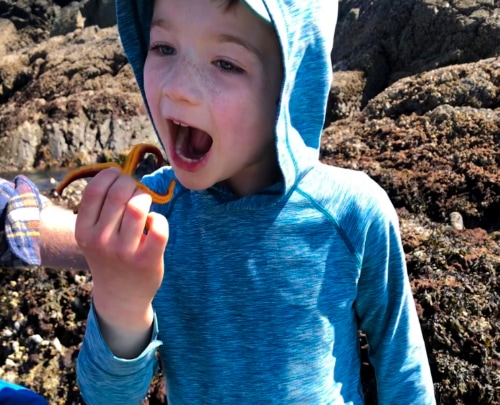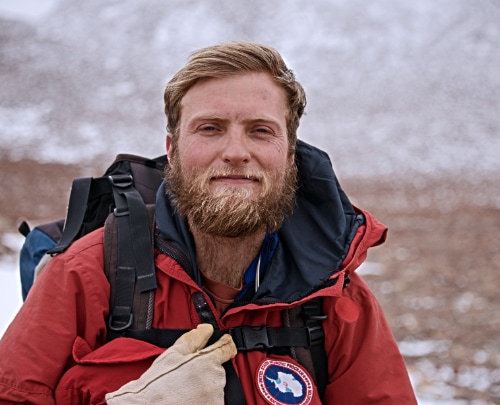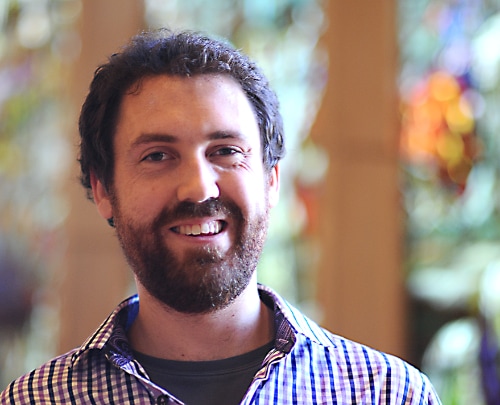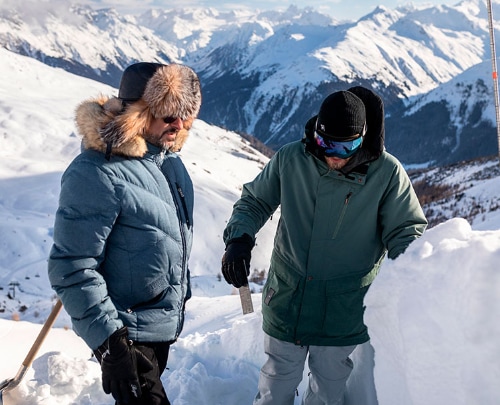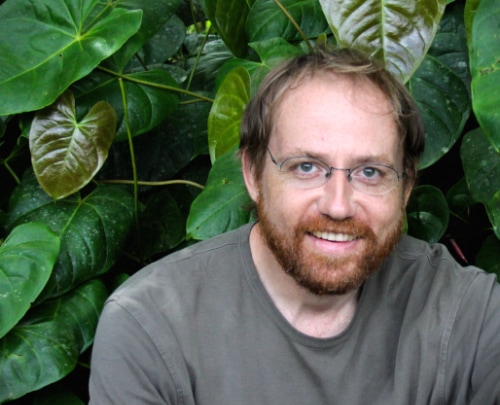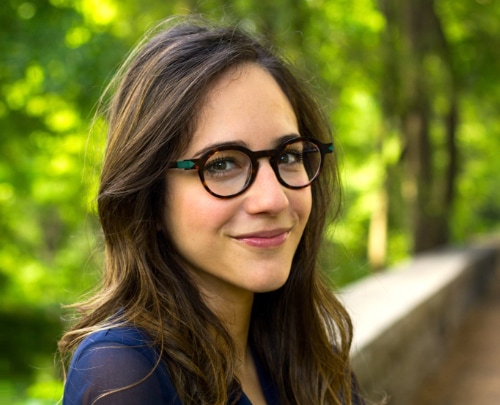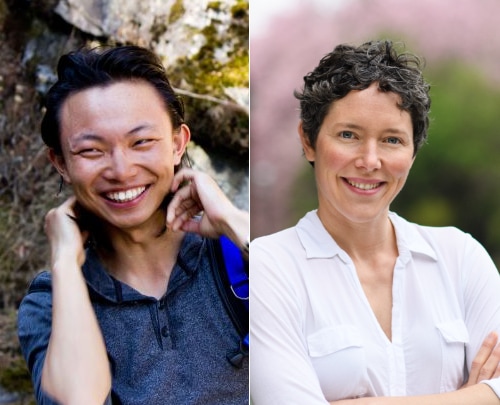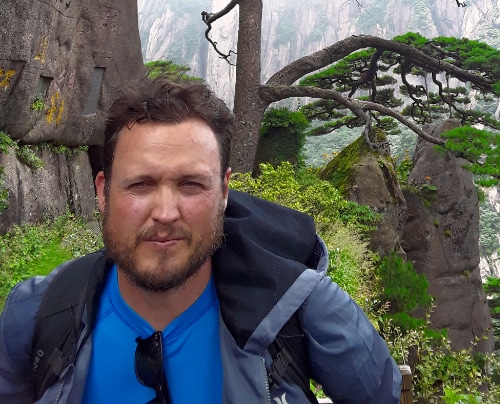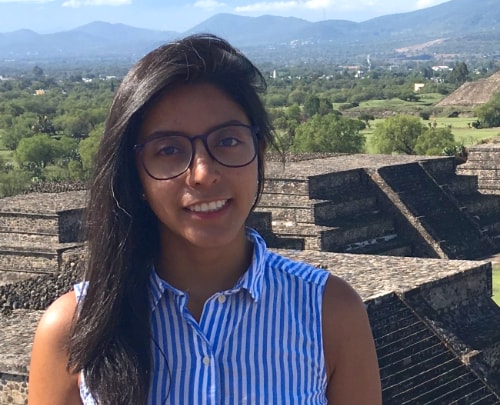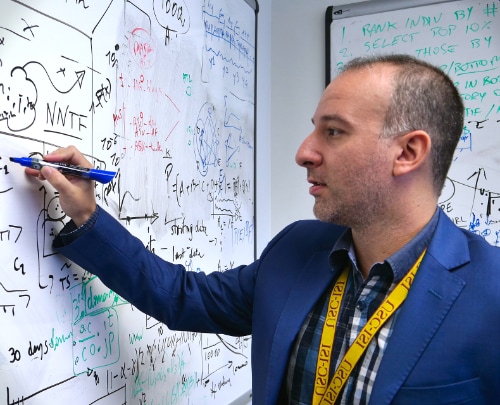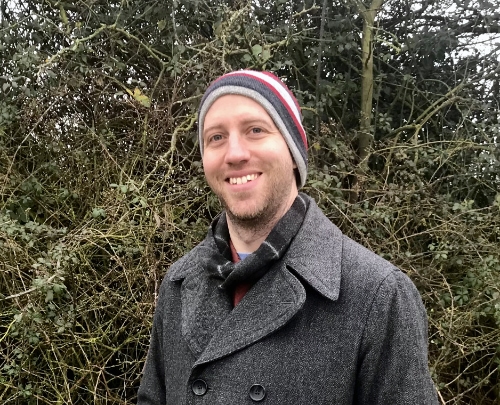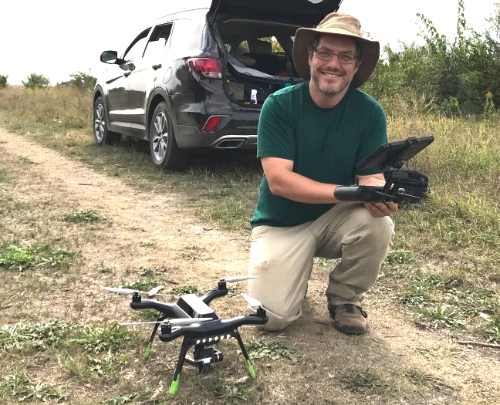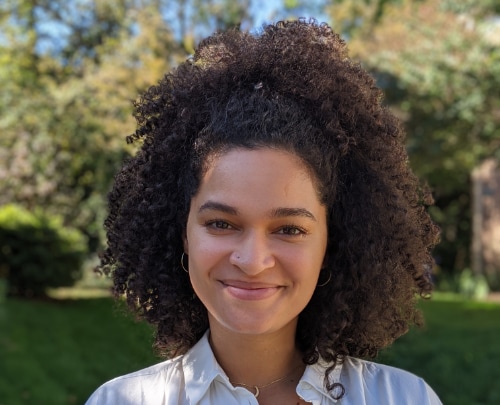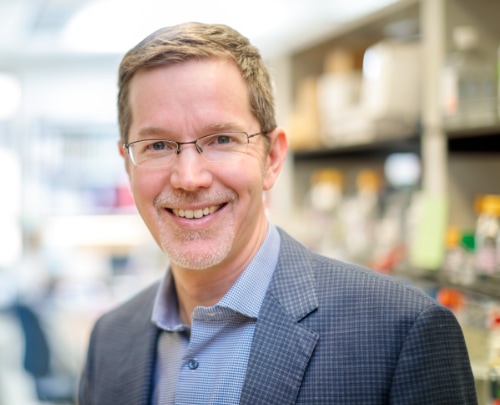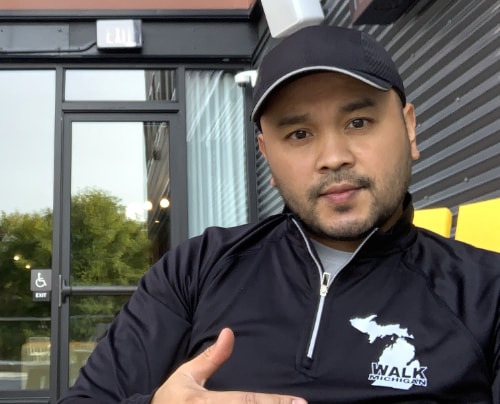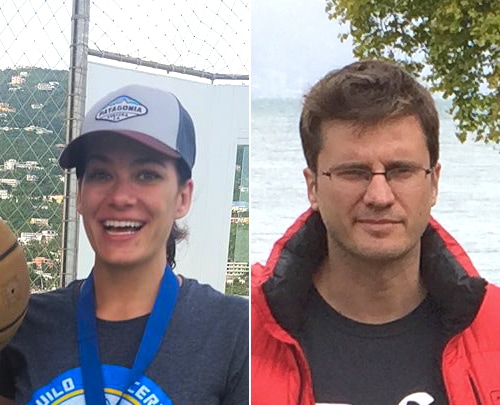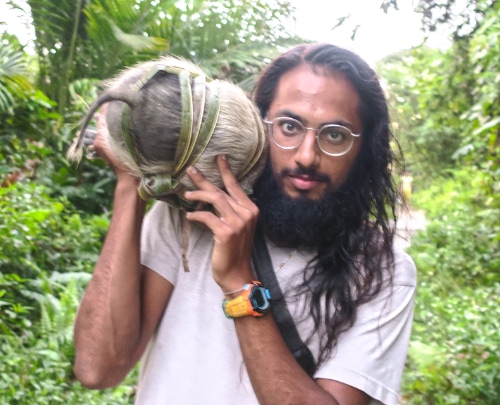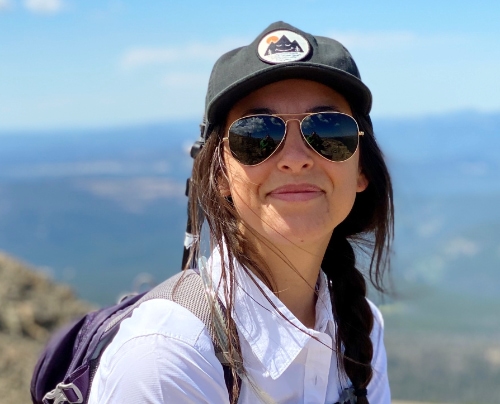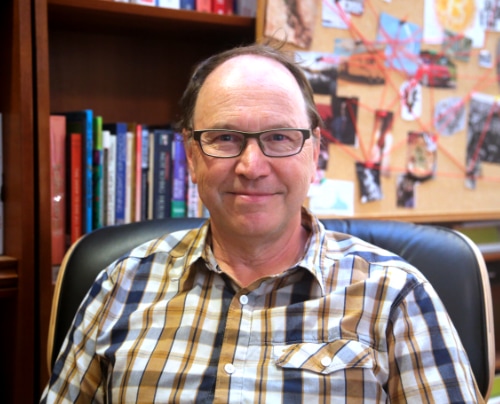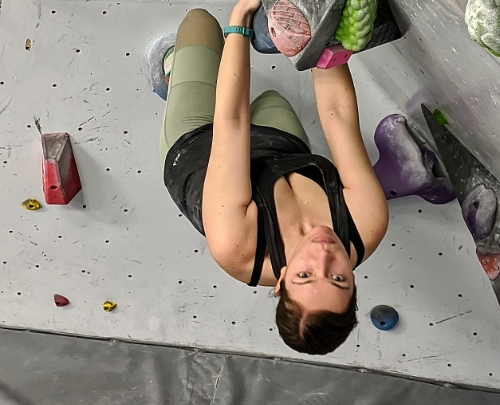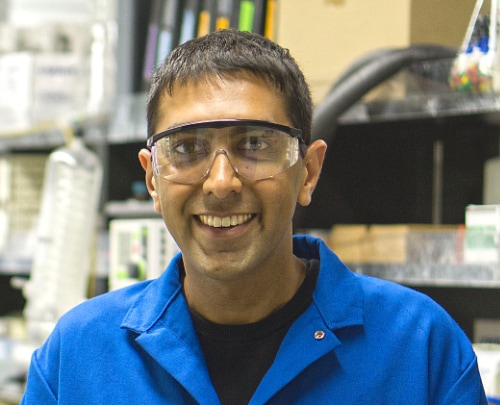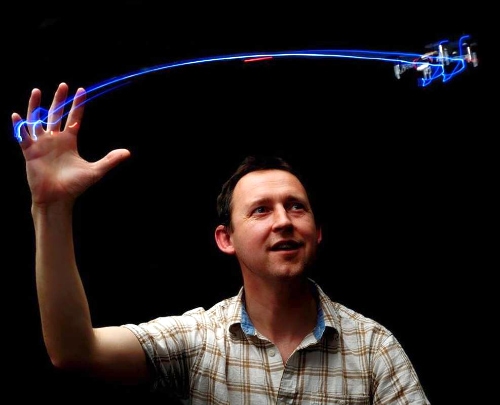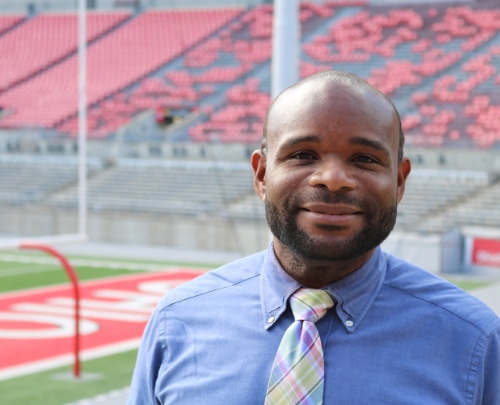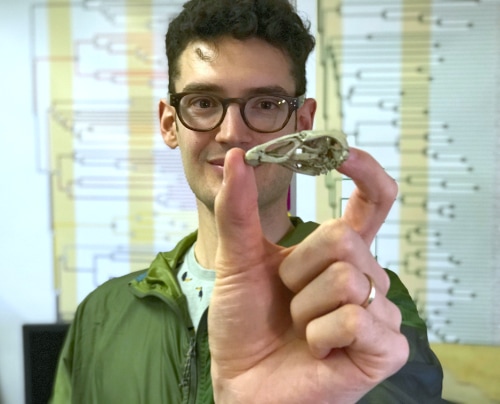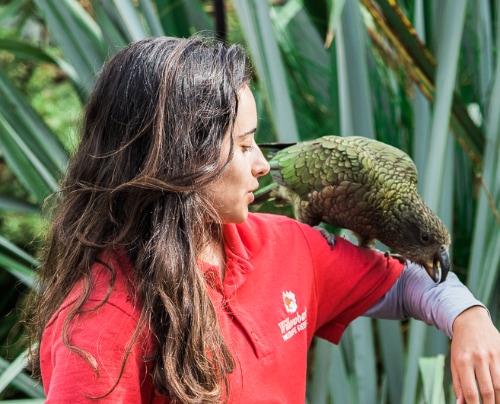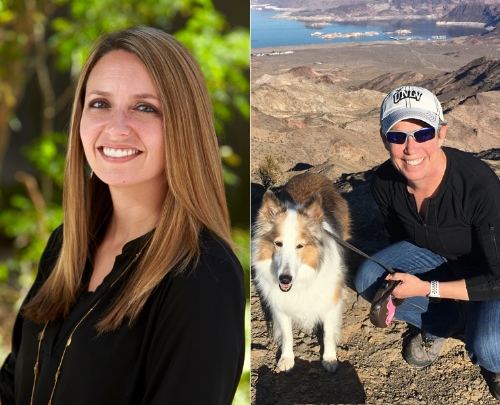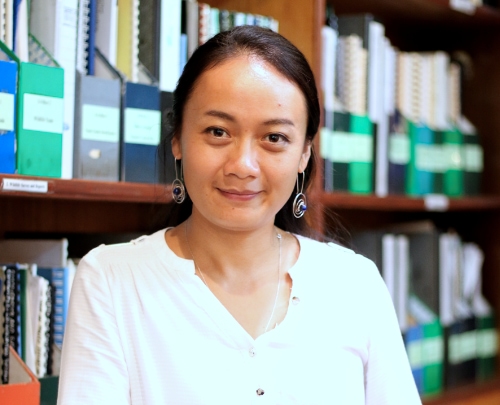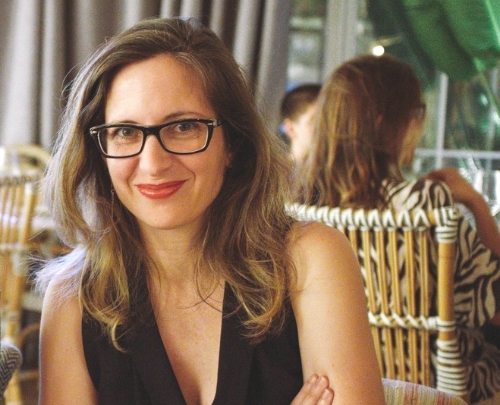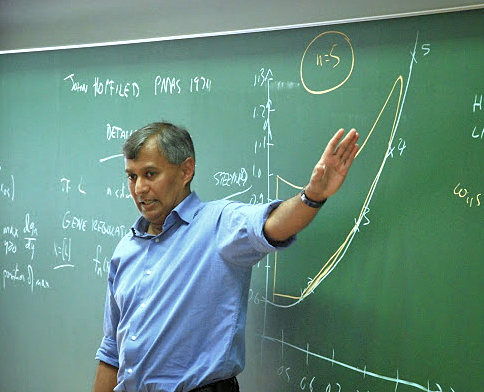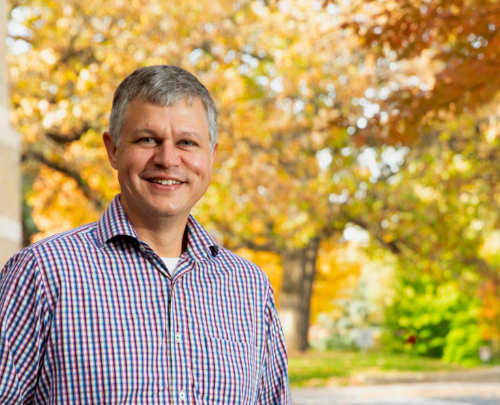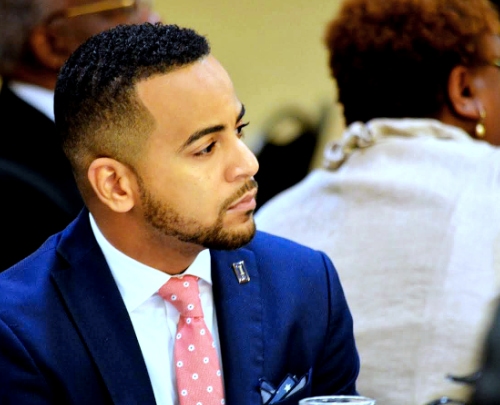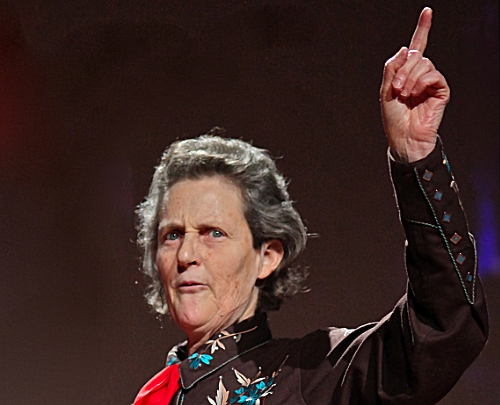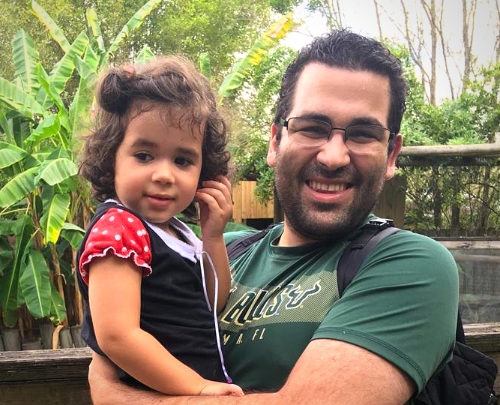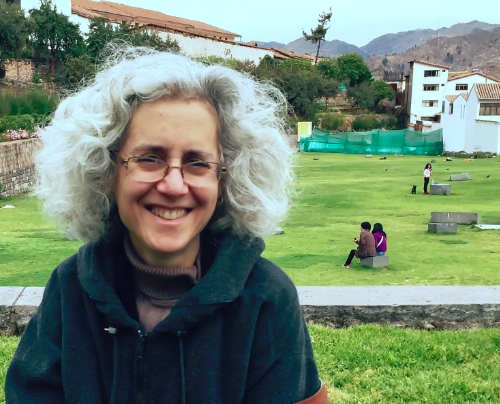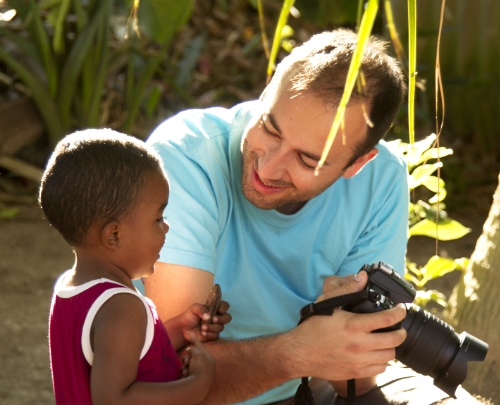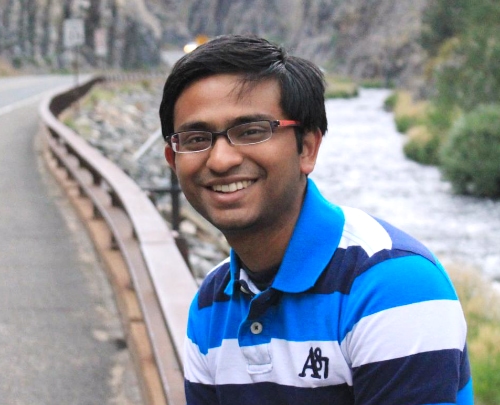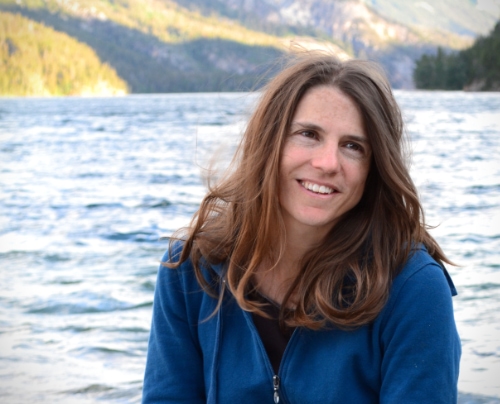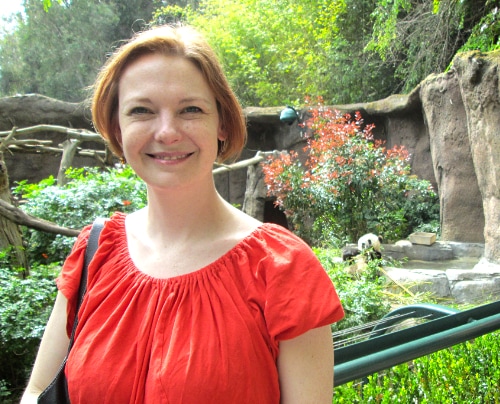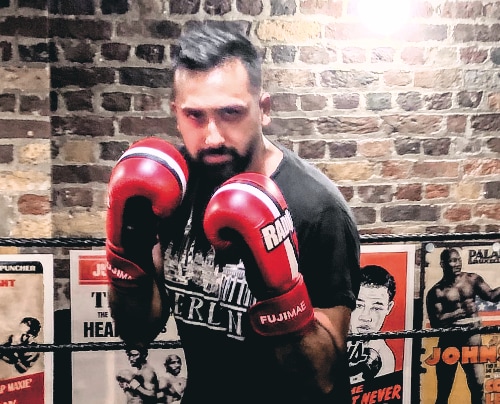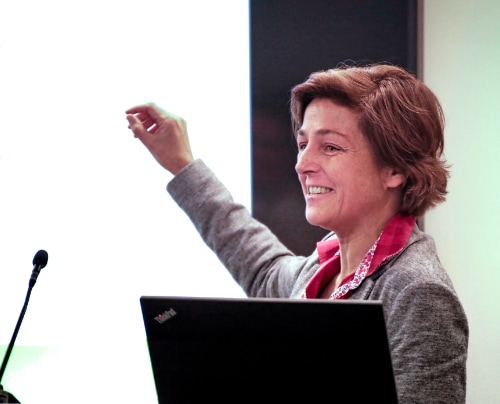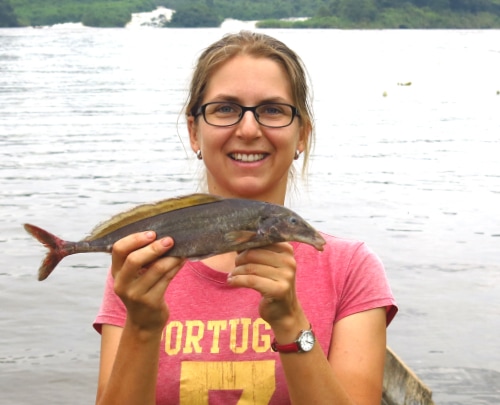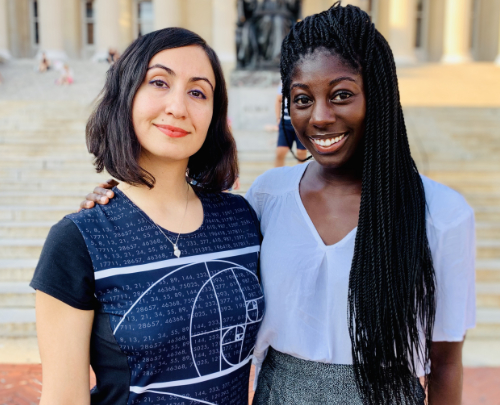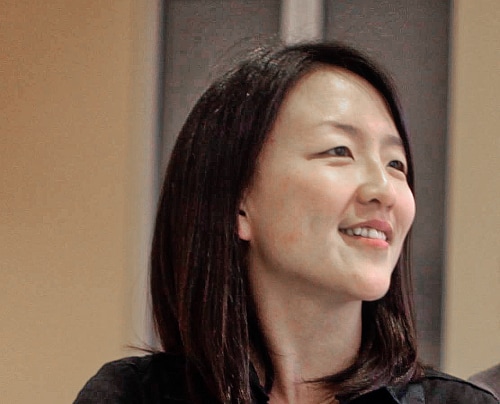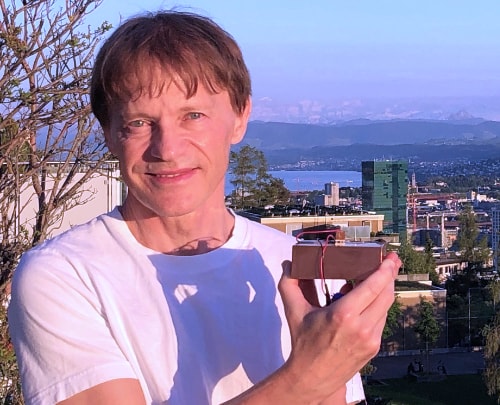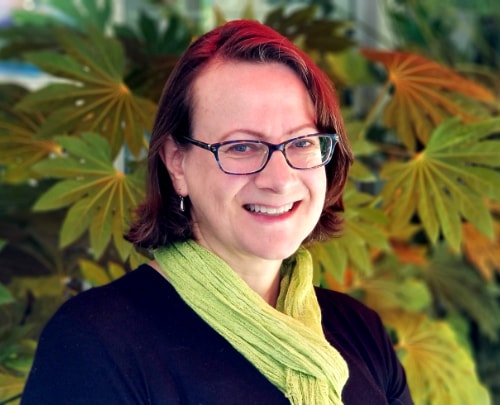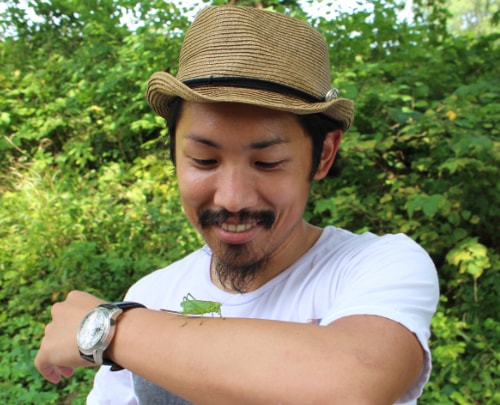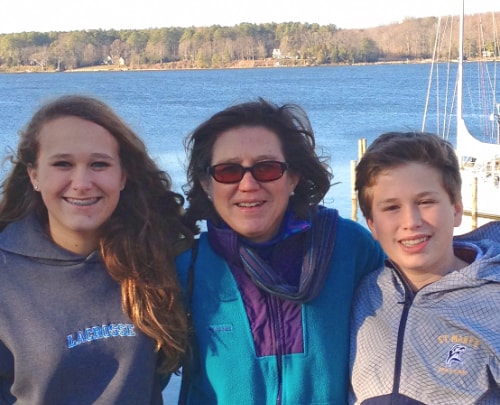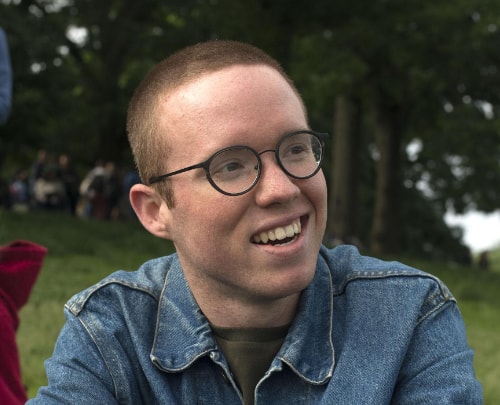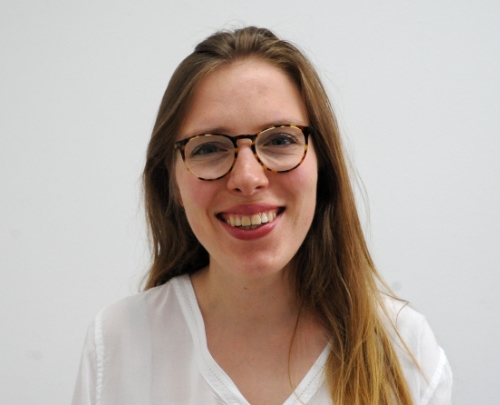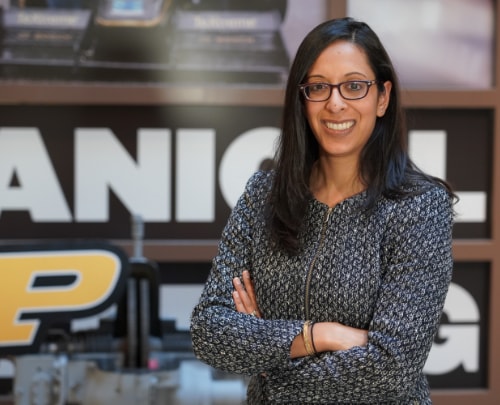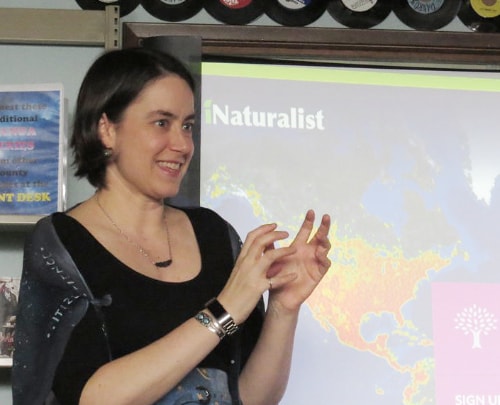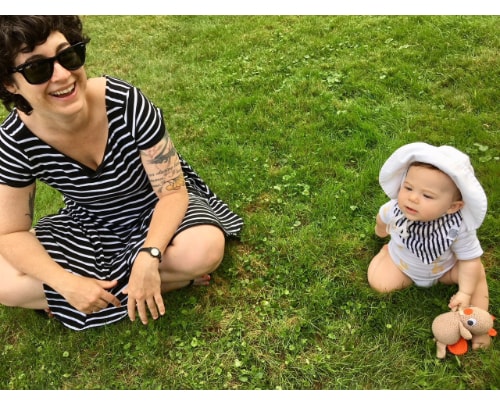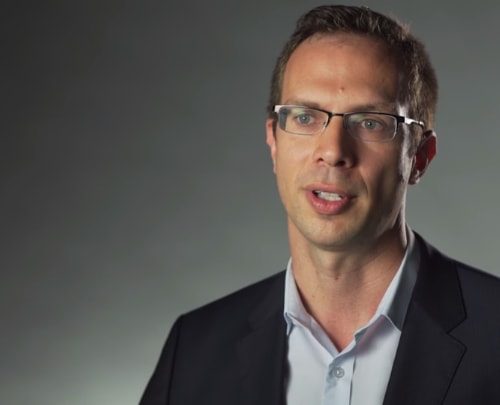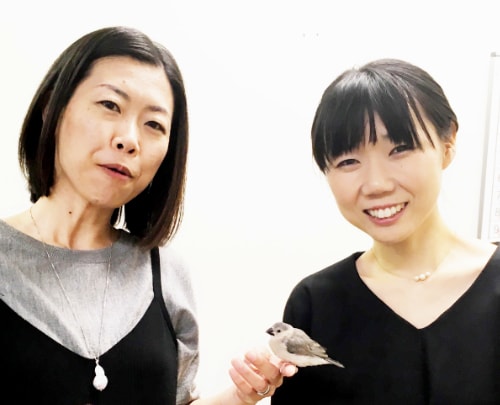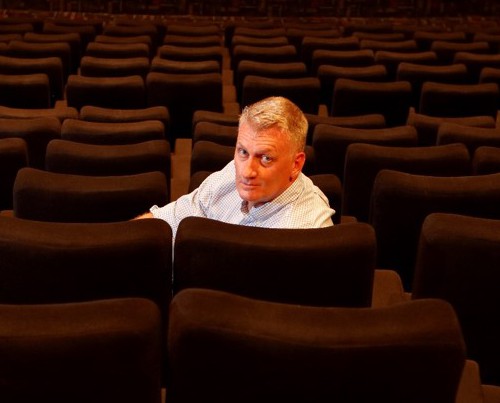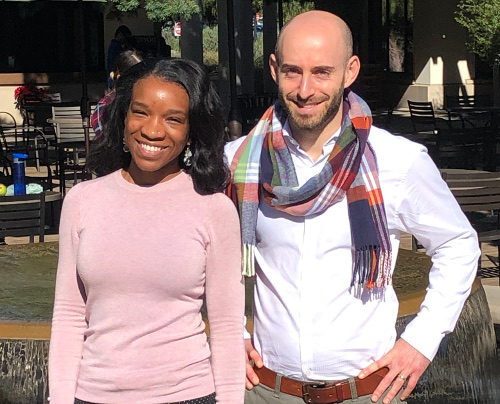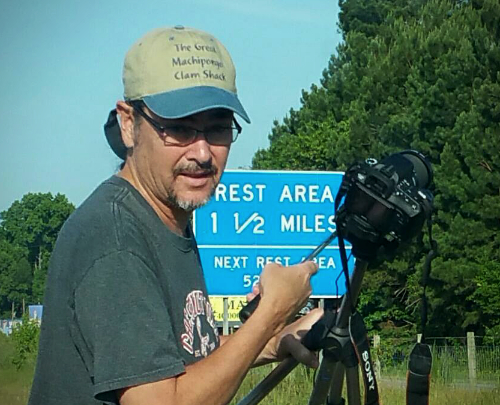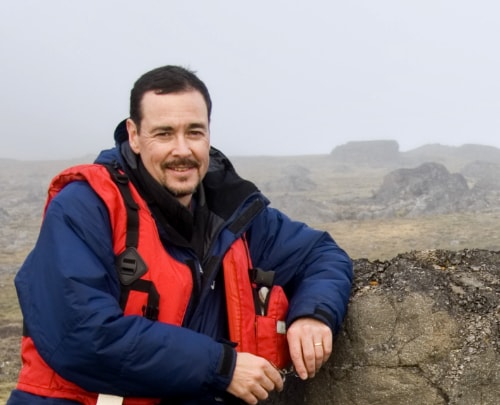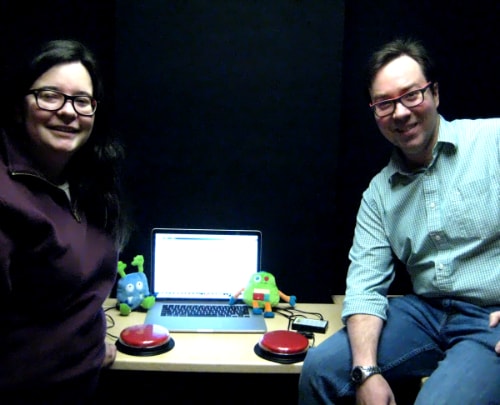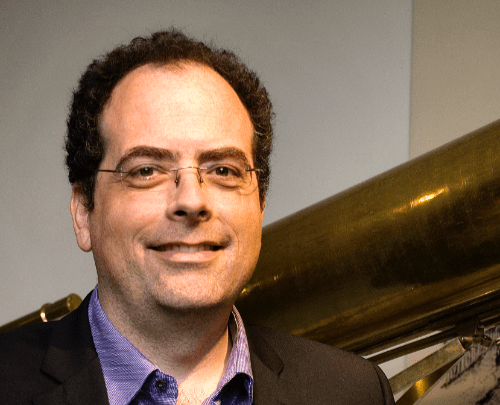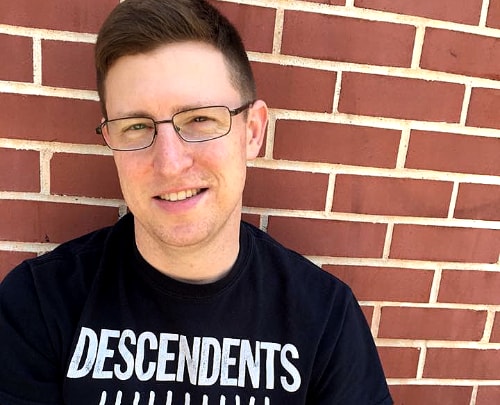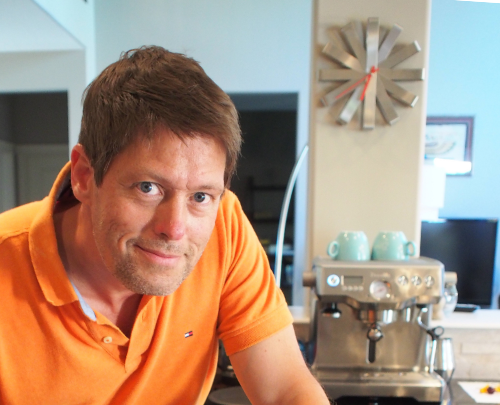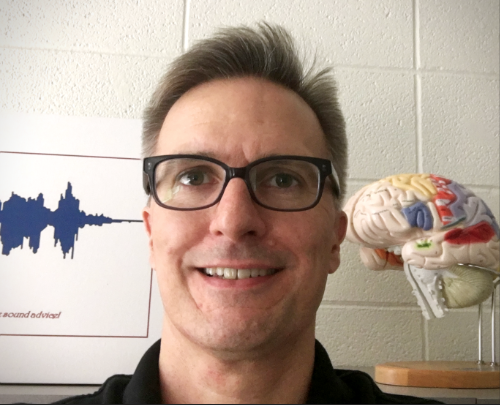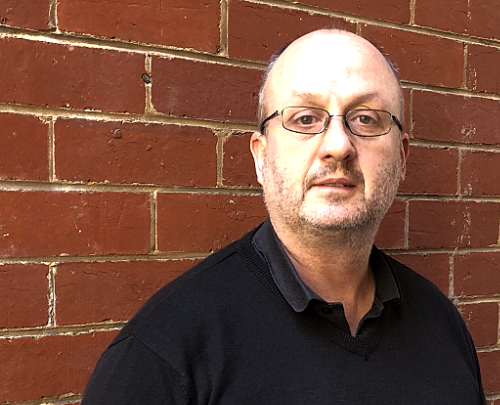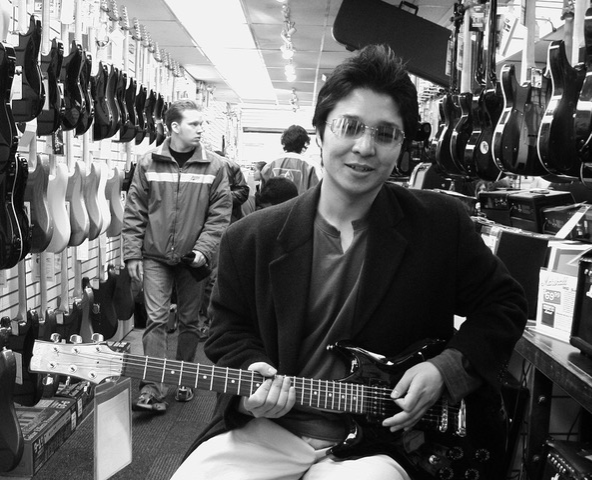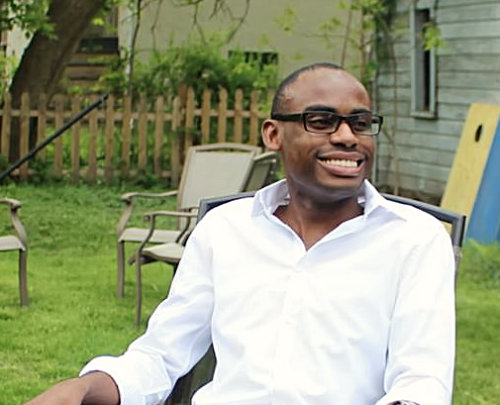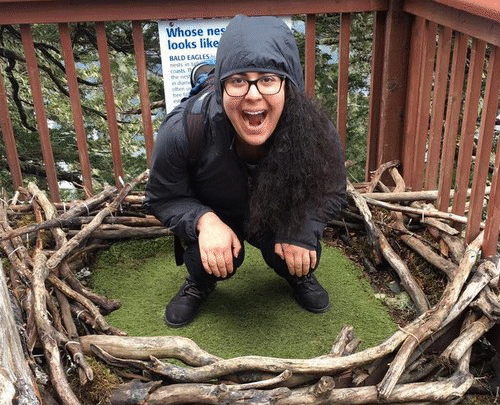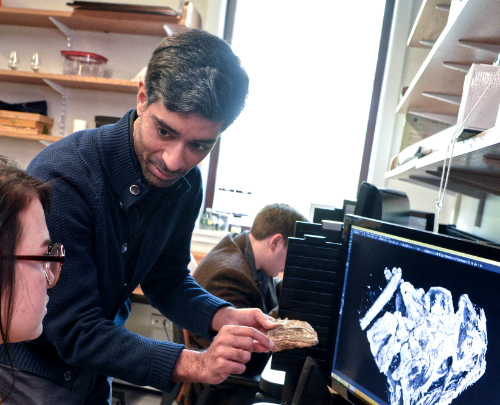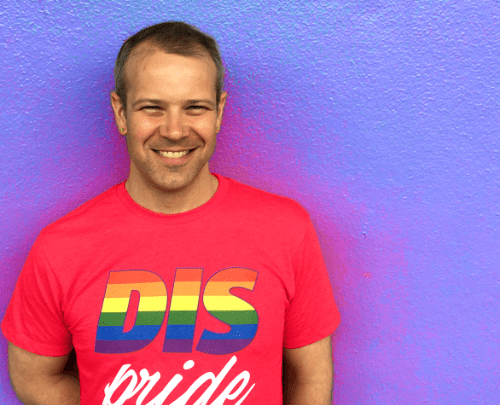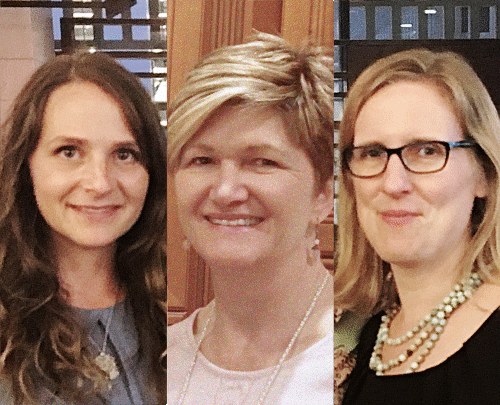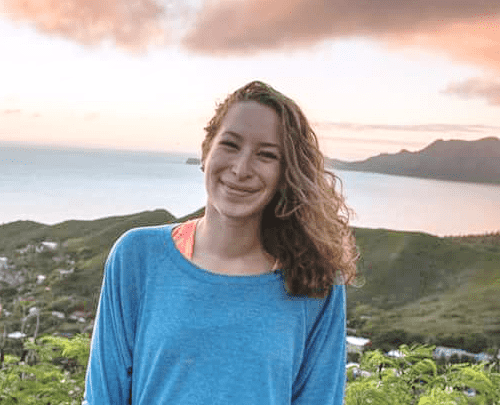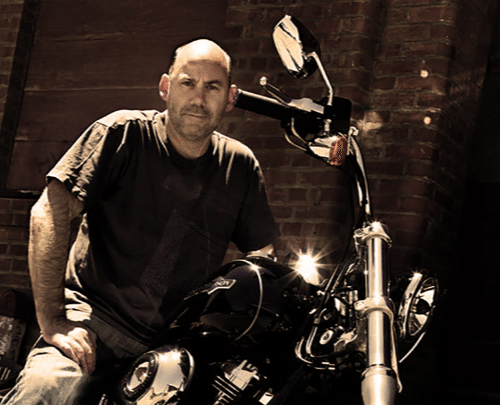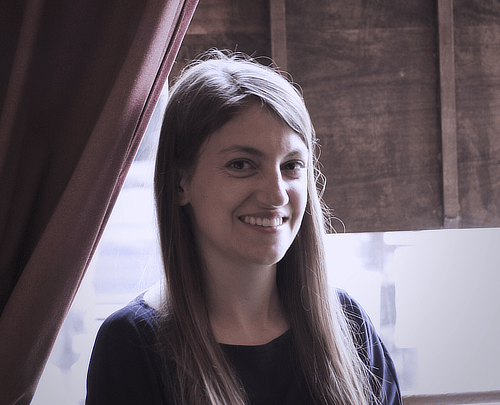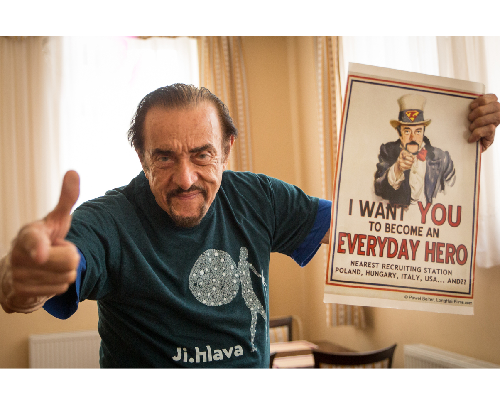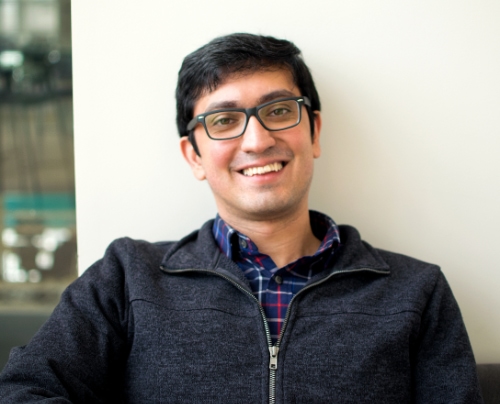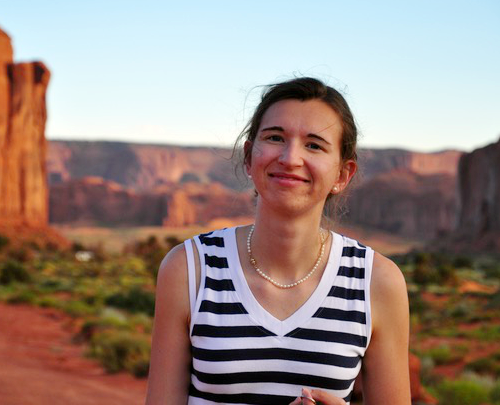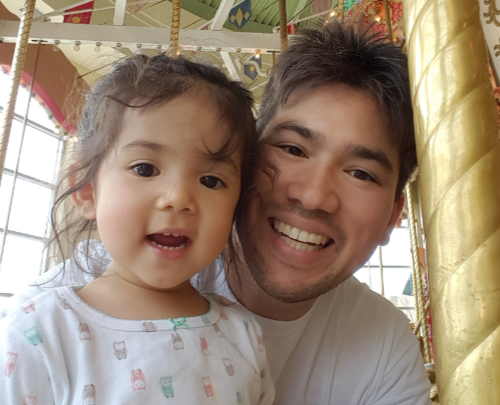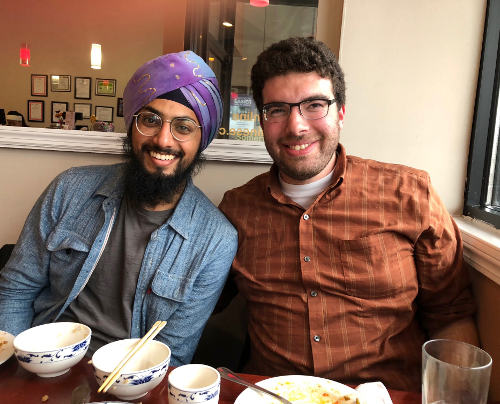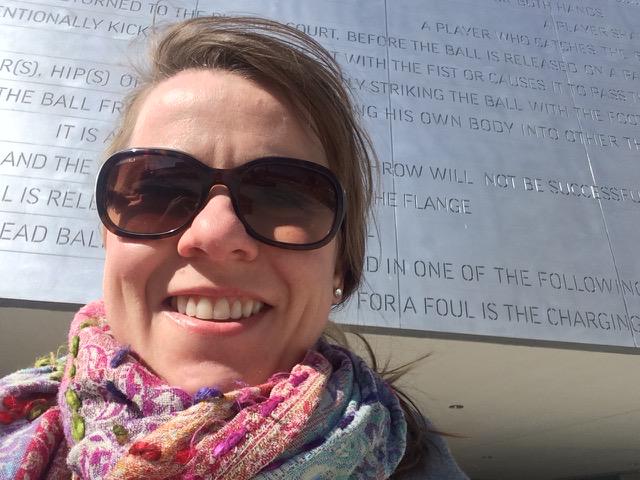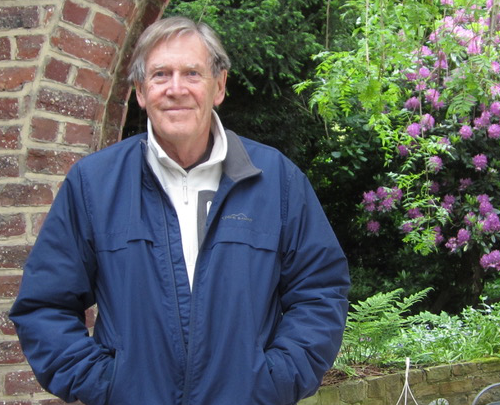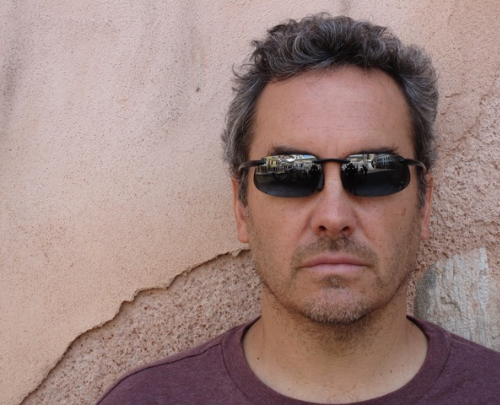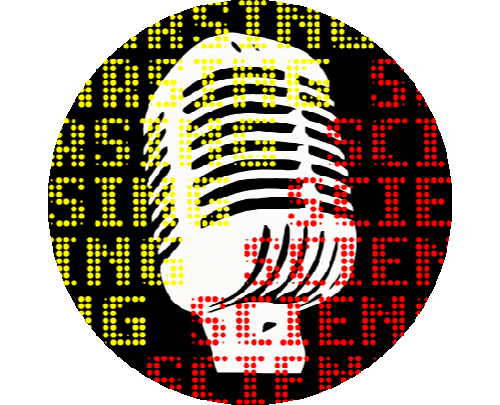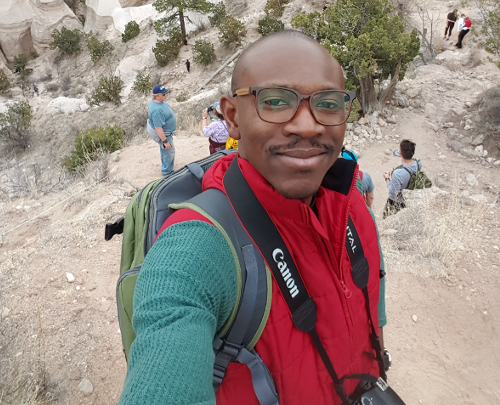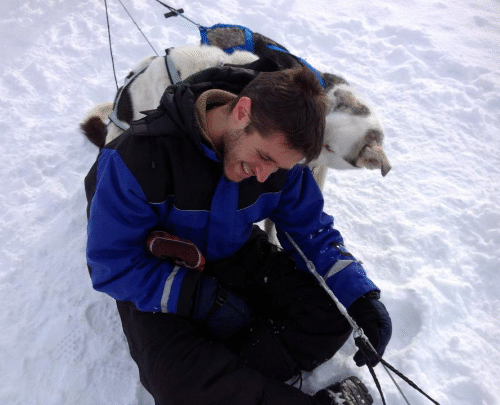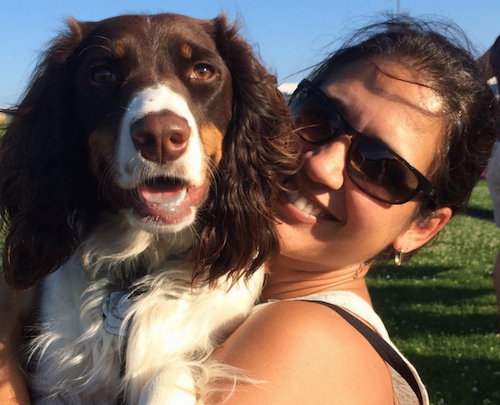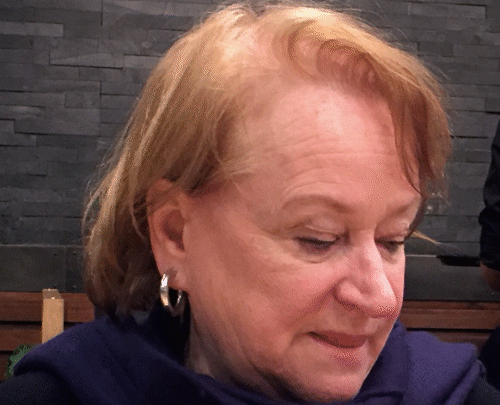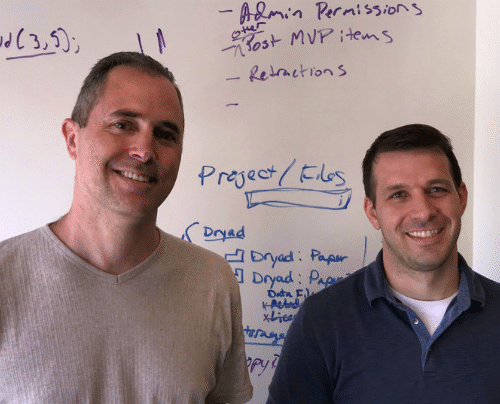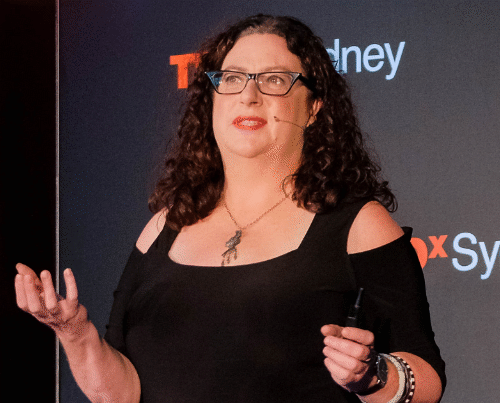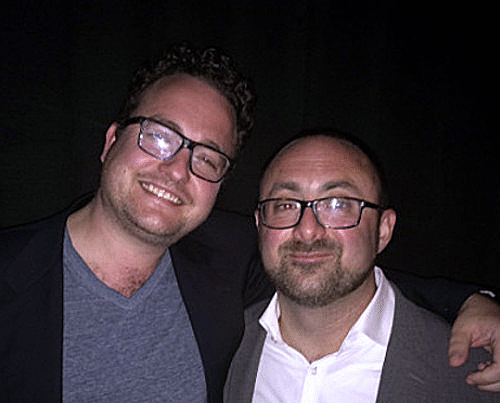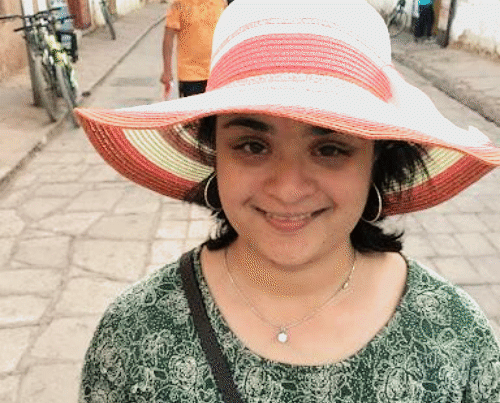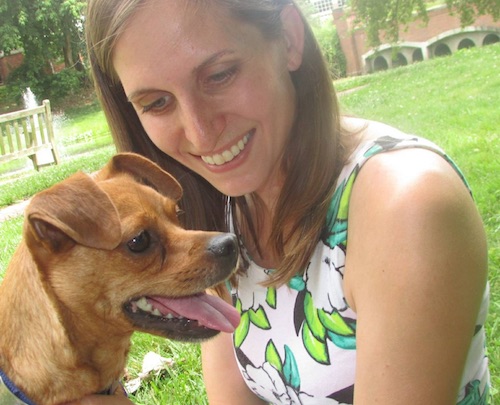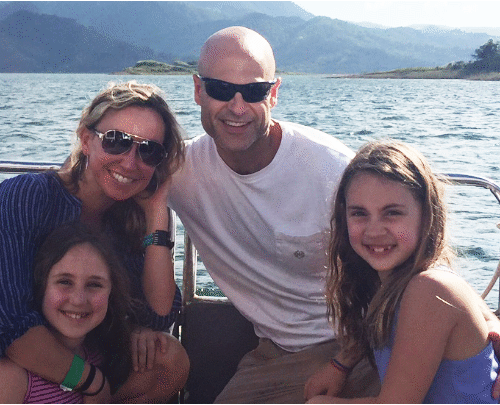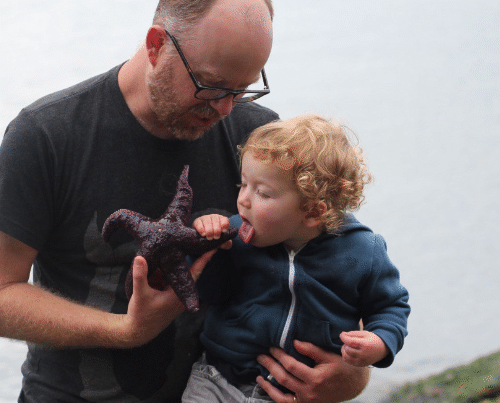Science Writing as Storytelling (rebroadcast) – Ryan Kelly
Listen to the episode Science Writing as Storytelling (rebroadcast) – Ryan Kelly
Cold War Ice Core Reveals Historic Glacial Melt – Andrew Christ
Listen to the episode Cold War Ice Core Reveals Historic Glacial Melt – Andrew Christ
DNA Evidence of Denisovan Interbreeding – João Teixeira
Listen to the episode DNA Evidence of Denisovan Interbreeding – João Teixeira
The Dyatlov Pass Incident – Alexander Puzrin
Listen to the episode The Dyatlov Pass Incident – Alexander Puzrin
Monkey Business – Jean-Baptiste “JB” Leca
Listen to the episode Monkey Business – Jean-Baptiste “JB” Leca
Positively Negative – Shiri Melumad
How Mosquitoes Target Us – Zhilei Zhao & Lindy McBride
Listen to the episode How Mosquitoes Target Us – Zhilei Zhao & Lindy McBride
Epistemic Puzzles in ‘The Witness’ – Luke Cuddy
Listen to the episode Epistemic Puzzles in ‘The Witness’ – Luke Cuddy
Unintended Consequences of Legal Reforms – Ángela Zorro Medina
Listen to the episode Unintended Consequences of Legal Reforms – Ángela Zorro Medina
Bots’ Meddling in the 2020 Presidential Election – Emilio Ferrara
Listen to the episode Bots’ Meddling in the 2020 Presidential Election – Emilio Ferrara
Pet Project – Eric Tourigny
Drones Revealing the Past – Jesse Casana
Listen to the episode Drones Revealing the Past – Jesse Casana
Early Galaxies’ Formation – Arianna Long
Listen to the episode Early Galaxies’ Formation – Arianna Long
Silencing an ALS Gene – Tim Miller
Fool Me Once Again – Darwin Guevarra
Hot Girl Summer – Kyesha Jennings
Why Narcissists Are “Never Wrong” – Tori Howes and Ed Kausel
Listen to the episode Why Narcissists Are “Never Wrong” – Tori Howes and Ed Kausel
Adhering to Prohibitive Taboos – Manvir Singh
Listen to the episode Adhering to Prohibitive Taboos – Manvir Singh
Moderating Spanking’s Lasting Impacts – Nicole Barbaro
Listen to the episode Moderating Spanking’s Lasting Impacts – Nicole Barbaro
Picking Apart Conspiracy Theories – Tim Tangherlini
Listen to the episode Picking Apart Conspiracy Theories – Tim Tangherlini
The Metaethics of Moral Claims – Jordan Theriault
Listen to the episode The Metaethics of Moral Claims – Jordan Theriault
A Marijuana Breathalyzer – Neil Garg
Mosquito-inspired Biotechnology – Richard Bomphrey
Listen to the episode Mosquito-inspired Biotechnology – Richard Bomphrey
A Taxing History of Racism – Trevon Logan
Listen to the episode A Taxing History of Racism – Trevon Logan
When Ignorance is Bliss – Emily Ho
Birds’ Evolution Across Mass Extinctions – Daniel Field
Listen to the episode Birds’ Evolution Across Mass Extinctions – Daniel Field
Parroting Probabilities – Amalia Bastos
Listen to the episode Parroting Probabilities – Amalia Bastos
Anything but Pedestrian – Courtney Coughenour & Jennifer Pharr
Listen to the episode Anything but Pedestrian – Courtney Coughenour & Jennifer Pharr
The Plight of the Tiger – Akchousanh Rasphone
Listen to the episode The Plight of the Tiger – Akchousanh Rasphone
Why We Love & Exploit Animals – Verónica Sevillano
Listen to the episode Why We Love & Exploit Animals – Verónica Sevillano
The Minds of Single-celled Organisms – Jeremy Gunawardena
Listen to the episode The Minds of Single-celled Organisms – Jeremy Gunawardena
Cuttlefish in 3D Glasses – Trevor Wardill
Listen to the episode Cuttlefish in 3D Glasses – Trevor Wardill
Undergraduates Formerly in Foster Care – Royel Johnson
Listen to the episode Undergraduates Formerly in Foster Care – Royel Johnson
Ivory Towers and Abattoirs – Temple Grandin
Listen to the episode Ivory Towers and Abattoirs – Temple Grandin
Hiding in Plain Sight – Katherine Wood
Listen to the episode Hiding in Plain Sight – Katherine Wood
Transmitting Placebo Effects – Luke Chang
Listen to the episode Transmitting Placebo Effects – Luke Chang
Global Decline of Homicide – Mateus Rennó Santos
Listen to the episode Global Decline of Homicide – Mateus Rennó Santos
Extraordinary Claims, Ordinary Evidence – Susan Gelman
Listen to the episode Extraordinary Claims, Ordinary Evidence – Susan Gelman
Ritual Pain for Social Gain – Dimitris Xygalatas
Listen to the episode Ritual Pain for Social Gain – Dimitris Xygalatas
Hearing Better than a Barn Owl – Saptarshi Das
Listen to the episode Hearing Better than a Barn Owl – Saptarshi Das
Enduring Effects of Neurofeedback – Michelle Hampson
Listen to the episode Enduring Effects of Neurofeedback – Michelle Hampson
Does Practice Make Perfect? – Brooke Macnamara
Listen to the episode Does Practice Make Perfect? – Brooke Macnamara
The Neuroscience of Terrorism – Nafees Hamid
Listen to the episode The Neuroscience of Terrorism – Nafees Hamid
Not-So Big Personality Traits? – Karen Macours
Listen to the episode Not-So Big Personality Traits? – Karen Macours
Taking Heat in Space – Naia Butler-Craig
Listen to the episode Taking Heat in Space – Naia Butler-Craig
Fishing for Color – Zuzana Musilová
Collective Memories – Ida Momennejad & Ajua Duker
Listen to the episode Collective Memories – Ida Momennejad & Ajua Duker
Behind the Curtain of Algorithms – Been Kim
Listen to the episode Behind the Curtain of Algorithms – Been Kim
Bending the Laws of Physics – Andreas Schilling
Listen to the episode Bending the Laws of Physics – Andreas Schilling
Double Trouble – Elisabeth Bik
Wisdom & Madness of Crowds – Wataru Toyokawa
Listen to the episode Wisdom & Madness of Crowds – Wataru Toyokawa
Men Without Work – Carol Graham
Sampling Music Networks – Mason Youngblood
Listen to the episode Sampling Music Networks – Mason Youngblood
Forking Paths of Kids’ Screen Time – Amy Orben
Listen to the episode Forking Paths of Kids’ Screen Time – Amy Orben
Trusting Our Machines – Neera Jain
The Wonder of STEVE – Liz MacDonald
Becoming Deaf – Laura Mauldin
p-Hacking Business – Ron Berman
Voyeuristic Birds – Masayo Soma
A Sniff Test of Stress – Jonathan Williams
Listen to the episode A Sniff Test of Stress – Jonathan Williams
Cognitive Biases on the Supreme Court – Jonathan Feingold & Evelyn Carter
Listen to the episode Cognitive Biases on the Supreme Court – Jonathan Feingold & Evelyn Carter
Archaeology of the Recent Past (Part 2 of 2) – P.J. Capelotti
Listen to the episode Archaeology of the Recent Past (Part 2 of 2) – P.J. Capelotti
Archaeology of the Recent Past (Part 1 of 2) – P.J. Capelotti
Listen to the episode Archaeology of the Recent Past (Part 1 of 2) – P.J. Capelotti
Illusions in the Periphery – Ben Balas
Listen to the episode Illusions in the Periphery – Ben Balas
Plasticity & Face Recognition – Marlene Behrmann
Listen to the episode Plasticity & Face Recognition – Marlene Behrmann
Playing with Science History – Jean-François Gauvin
Listen to the episode Playing with Science History – Jean-François Gauvin
Decoding Cancers’ Expression – Mike Feigin
Listen to the episode Decoding Cancers’ Expression – Mike Feigin
Halting Cancers’ Spread – John Lewis
Speech-to-Song Illusion – Mike Vitevitch
Listen to the episode Speech-to-Song Illusion – Mike Vitevitch
Nothing to a Bee – Adrian Dyer
Hearing Loss and Cognition – Yune Lee
Differing Interpretations of Difficulty – Neil Lewis, Jr.
Listen to the episode Differing Interpretations of Difficulty – Neil Lewis, Jr.
Debunking Pterosaurs Flight – Armita Manafzadeh
Listen to the episode Debunking Pterosaurs Flight – Armita Manafzadeh
Prehistoric Origins of Birds – Bhart-Anjan Bhullar
Listen to the episode Prehistoric Origins of Birds – Bhart-Anjan Bhullar
Retaining LGBQ Undergraduates in STEM – Bryce Hughes
Listen to the episode Retaining LGBQ Undergraduates in STEM – Bryce Hughes
Multiple Work Identities – Brianna Caza, Sherry Moss & Heather Vough
Listen to the episode Multiple Work Identities – Brianna Caza, Sherry Moss & Heather Vough
Structural Racism & Police Shootings – Anita Knopov
Listen to the episode Structural Racism & Police Shootings – Anita Knopov
Uncovering Uncertain Identities – David Kernot
Listen to the episode Uncovering Uncertain Identities – David Kernot
Linguistic Artifacts in Creole – Nicole Creanza
Listen to the episode Linguistic Artifacts in Creole – Nicole Creanza
Defying Unjust Authorities – Phil Zimbardo
Listen to the episode Defying Unjust Authorities – Phil Zimbardo
How Misinformation Spreads Online – Soroush Vosoughi
Listen to the episode How Misinformation Spreads Online – Soroush Vosoughi
Stroke Recovery with Light – Anna-Sophia Wahl
Listen to the episode Stroke Recovery with Light – Anna-Sophia Wahl
Empathic Accuracy – Michael Kraus
Universals in Song – Sam Mehr & Manvir Singh
Listen to the episode Universals in Song – Sam Mehr & Manvir Singh
Creating Deceptive Performance – Niki den Nieuwenboer
Listen to the episode Creating Deceptive Performance – Niki den Nieuwenboer
Deciding to Move – Bill Clark
Capacity for Number – Rafael Núñez
Best of 2017 Special
Reactivation of Earthquakes – Folarin Kolawole
Listen to the episode Reactivation of Earthquakes – Folarin Kolawole
Retaliatory Punishment – Adam Morris
Electoral Systems and Female Candidates – Laura Stephenson
Listen to the episode Electoral Systems and Female Candidates – Laura Stephenson
Emotions and Rubber Hand Illusion – Beatrice de Gelder
Listen to the episode Emotions and Rubber Hand Illusion – Beatrice de Gelder
Open Science and Replications (Part 2 of 2) – Tim Errington & Brian Nosek
Listen to the episode Open Science and Replications (Part 2 of 2) – Tim Errington & Brian Nosek
Open Science and Replications (Part 1 of 2) – Brian Nosek & Tim Errington
Listen to the episode Open Science and Replications (Part 1 of 2) – Brian Nosek & Tim Errington
Archaeology of Space Culture – Alice Gorman
Listen to the episode Archaeology of Space Culture – Alice Gorman
Induced Auditory Hallucinations – Al Powers & Phil Corlett
Listen to the episode Induced Auditory Hallucinations – Al Powers & Phil Corlett
Semantic Meaning in Images – Devi Parikh
Listen to the episode Semantic Meaning in Images – Devi Parikh
Christians and Science – Kim Rios
Accuracy of Health Outcome Predictions – Scott Halpern
Listen to the episode Accuracy of Health Outcome Predictions – Scott Halpern
Science Writing as Storytelling – Ryan Kelly
Listen to the episode Science Writing as Storytelling – Ryan Kelly

